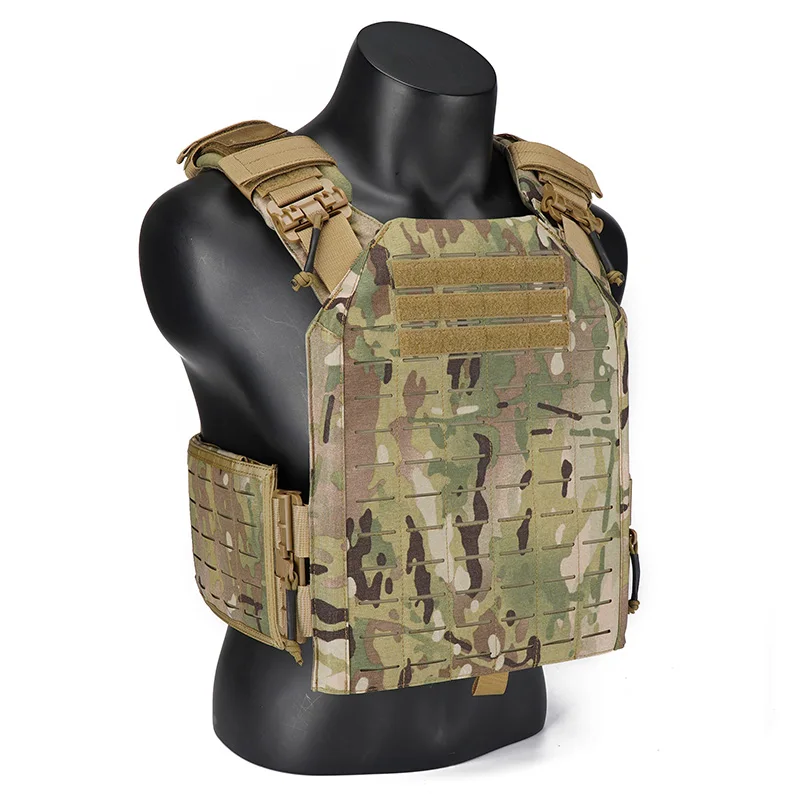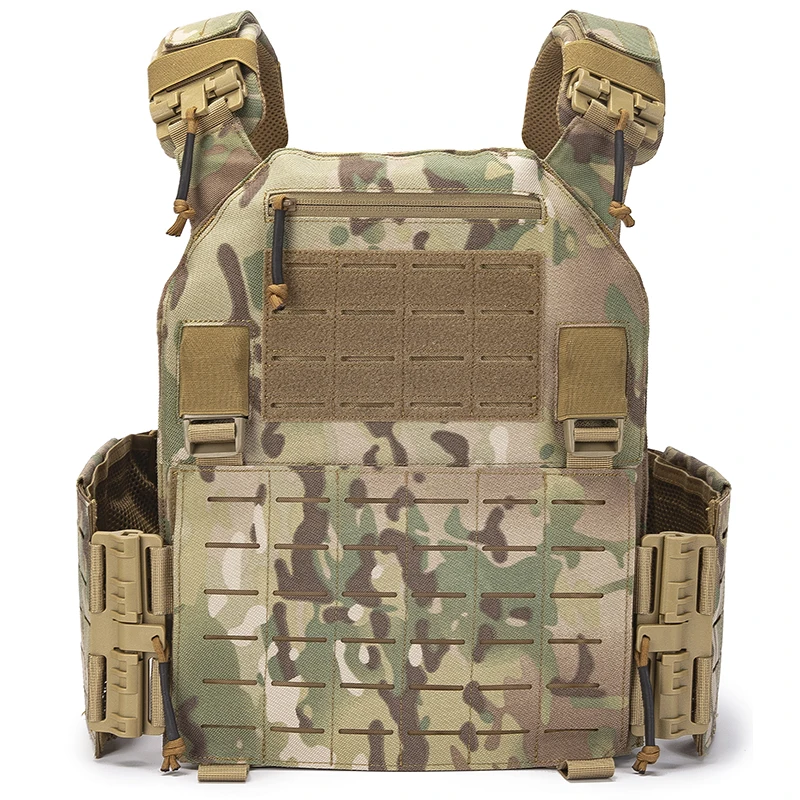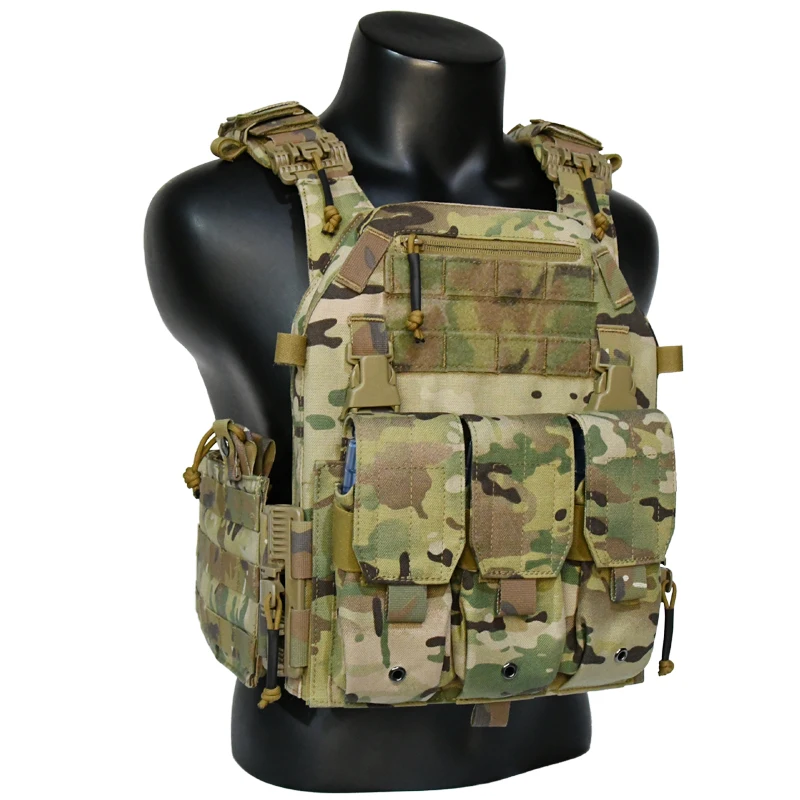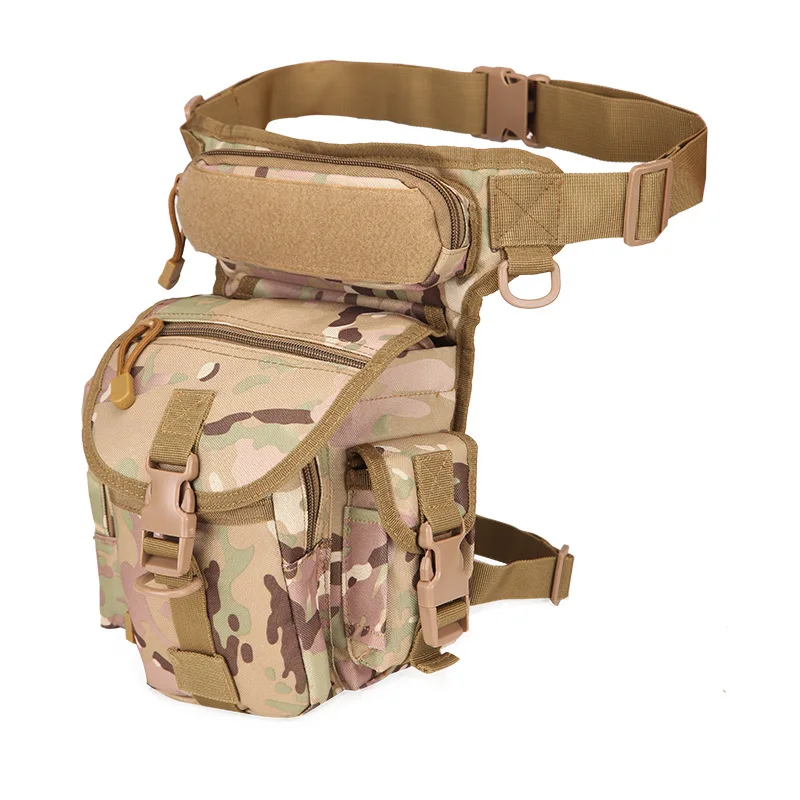Tactical Gear
PRODUCTS
Gear Up With The Best Tactical Backpacks
Durability and Construction
A tactical backpack's core strength lies in its durability. Look for backpacks made from high-quality materials like ballistic nylon or Cordura. These materials are incredibly resistant to abrasion, tears, and punctures, ensuring your gear stays safe even in the harshest conditions. Pay close attention to stitching; reinforced stitching in high-stress areas is a sign of a well-built pack. Consider the weight of the backpack itself; a lighter pack will be more comfortable for extended use, especially when heavily loaded.
Beyond the materials, examine the zippers and buckles. Strong, reliable zippers are crucial, and consider those with locking mechanisms for added security. Durable buckles, often made of metal, will withstand heavy use and ensure your gear stays secure, even during strenuous activities.
Organization and Compartments
Tactical backpacks are celebrated for their superior organization. A well-designed pack will feature numerous compartments, pockets, and pouches, allowing you to keep your gear neatly arranged and easily accessible. Look for packs with dedicated compartments for hydration bladders, laptops, and other electronic devices. Consider the size and layout of these compartments; some might be better suited for specific items than others.
Molle webbing is a common feature on tactical backpacks. This system of modular webbing allows you to attach additional pouches and accessories, customizing your pack to your specific needs. This adaptability is a major advantage, letting you tailor the pack to your mission or adventure.
Comfort and Ergonomics
Carrying a heavy load requires a comfortable backpack. Look for adjustable and padded shoulder straps, a sternum strap to distribute weight evenly, and a padded waist belt. These features are essential for preventing strain and fatigue, especially during extended use. The back panel should also be well-padded and breathable to prevent overheating and discomfort.
Consider the overall fit and adjustability of the backpack. A properly fitted pack will sit comfortably against your back and distribute the weight efficiently. A poorly fitted pack can lead to discomfort and even injury.
Features and Functionality
Many tactical backpacks include additional features designed to enhance their functionality. These can include hydration bladder compartments, rain covers for protection from the elements, hidden pockets for valuables, and even integrated emergency whistles. Consider which features are most important to you based on your intended use.
Some packs offer features like concealed carry compartments for firearms, though this is subject to local laws and regulations. Always ensure you comply with all applicable laws regarding the carrying of firearms.
Choosing the Right Size
Tactical backpacks come in a wide range of sizes, from compact daypacks to large expedition packs. Choosing the right size is crucial; too small, and you won't have enough space; too large, and it will be cumbersome and uncomfortable. Consider the volume of gear you typically carry and choose a pack that provides adequate space without being overly bulky.
Think about the activities you'll be using the backpack for. A smaller pack is ideal for day hikes, while a larger pack is necessary for multi-day trips or carrying heavier equipment.
SUBSCRIBE
INQUIRY










